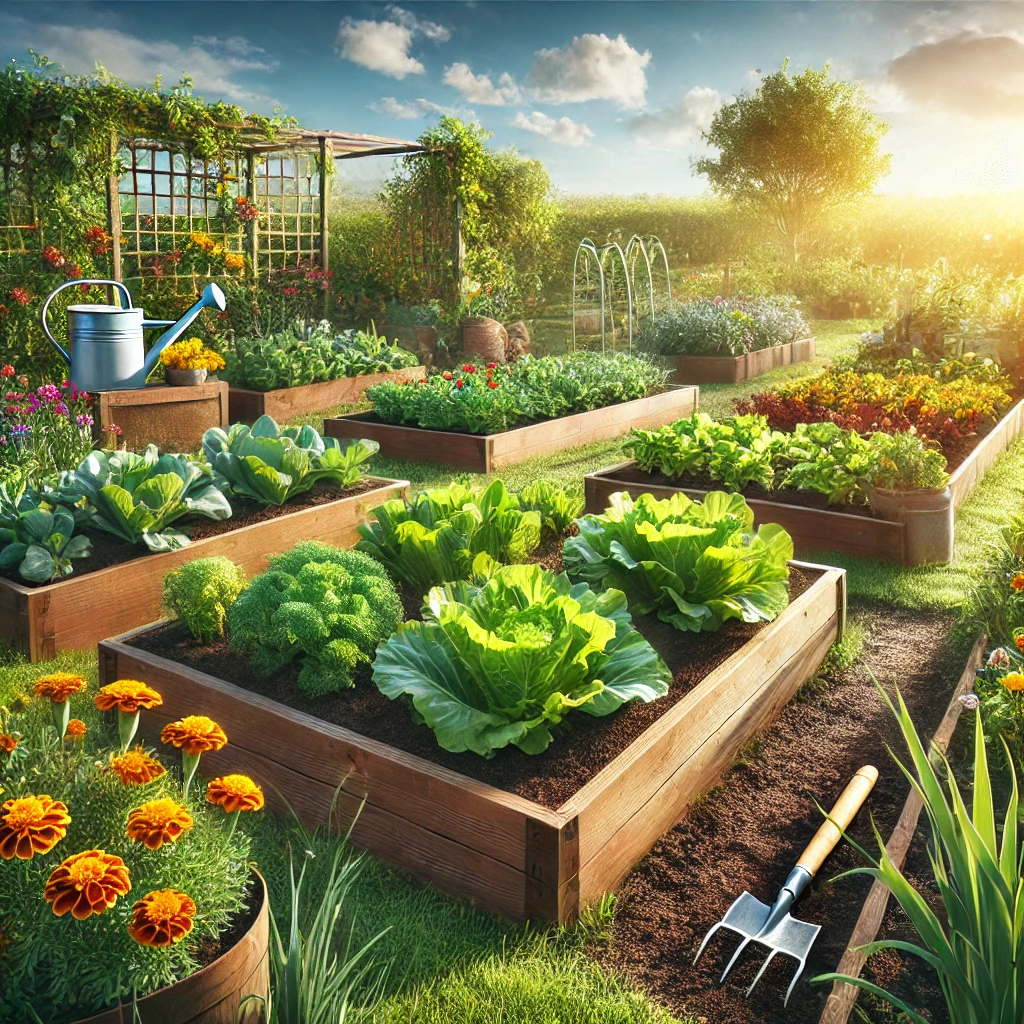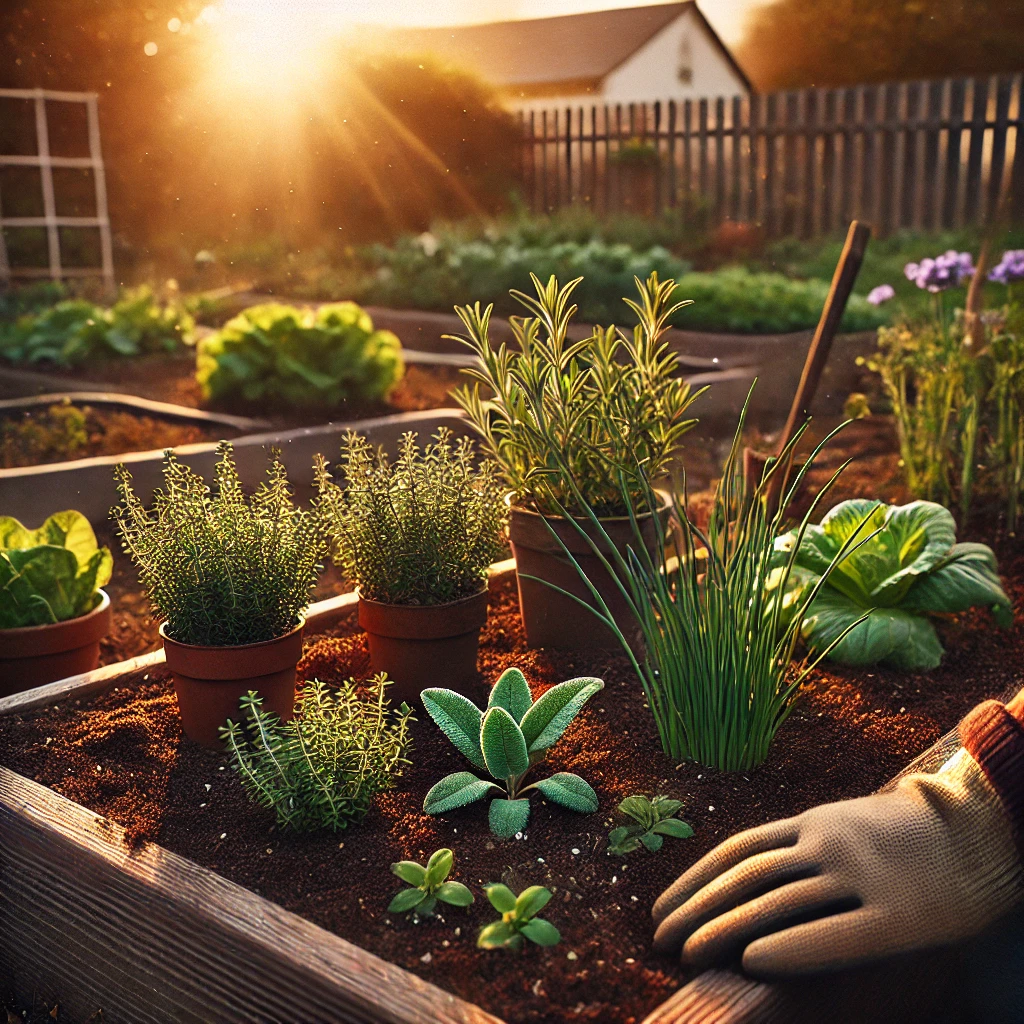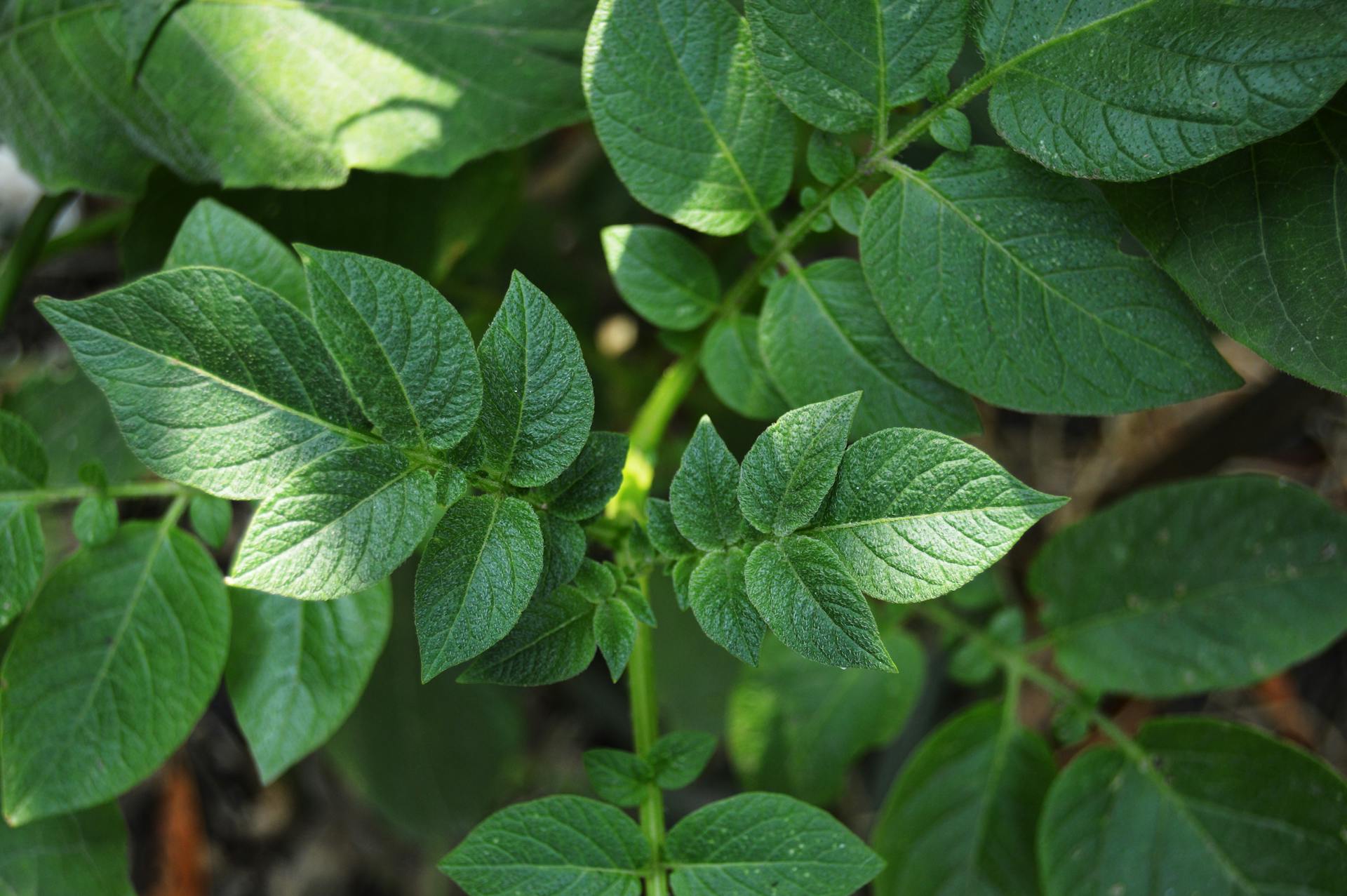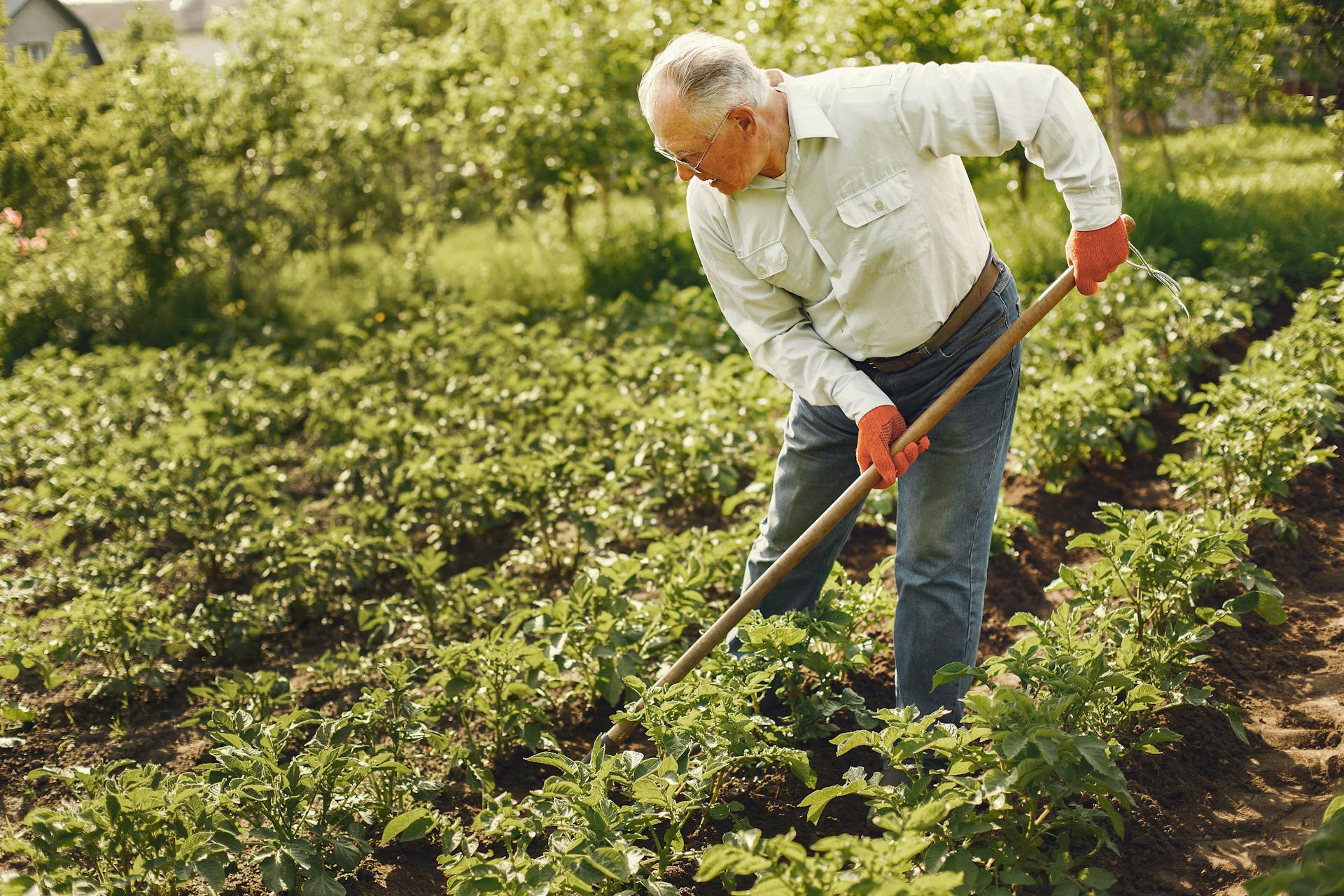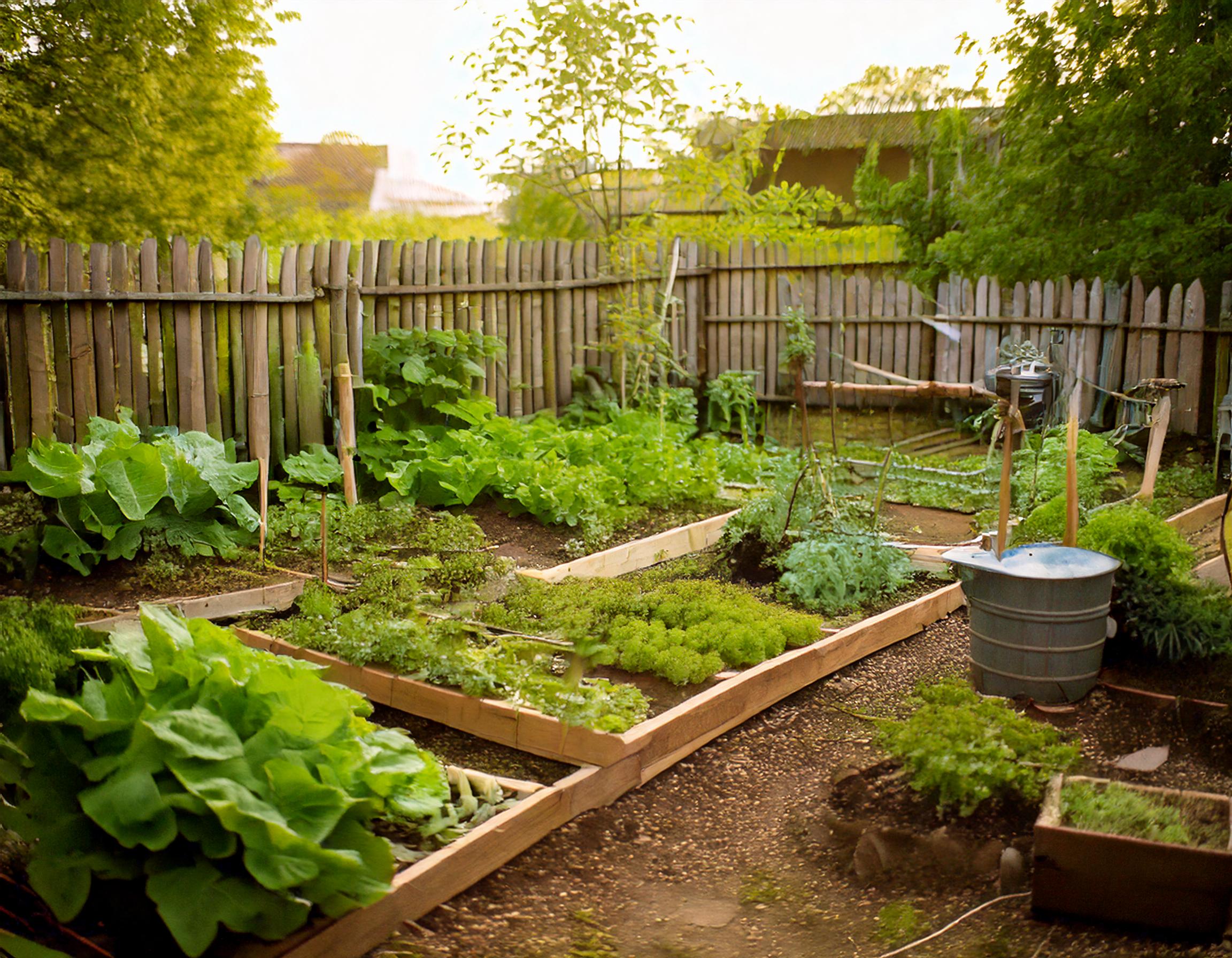Spring is just around the corner, and it’s time to prepare your garden for a productive growing season. Organic gardening starts with thoughtful preparation that nurtures the soil, protects the environment, and sets the stage for healthy plants. Whether you’re planting vegetables, flowers, or herbs, these organic tips will help you create a garden that thrives all season long.
Clean and Clear Your Garden
The first step to preparing your garden is clearing out winter’s leftovers. Remove fallen leaves, dead plant material, and other debris to reduce the risk of pests and diseases. Be gentle with your soil, avoiding excessive tilling to preserve its structure and the beneficial organisms within it. If you don’t already have one, start a compost pile with the organic material you gather, which will come in handy as a nutrient-rich soil amendment later in the season.
Assess and Improve Your Soil
Healthy plants start with healthy soil. Test your soil’s pH and nutrient levels to determine what it needs. Adding organic compost is an excellent way to boost soil health naturally. For targeted improvements, consider natural amendments like bone meal for phosphorus, kelp for trace minerals, or rock phosphate for long-term nutrient supply. Mulch with organic materials such as straw or shredded leaves to retain moisture, suppress weeds, and gradually enrich the soil as it breaks down.
Plan Your Garden Layout
Strategic planning can save you time and effort later. Rotate crops to prevent the buildup of pests and diseases in the soil. Use companion planting to naturally enhance plant health and deter pests—marigolds, for instance, are known to repel nematodes and aphids. Raised beds or container gardens are excellent options for better soil control, especially if your native soil is poor or compacted.
Choose Quality Organic Plant Starts
For a head start on your garden, invest in high-quality organic plant starts. These provide a strong foundation for healthy plants without the challenges of starting seeds yourself. Look for starts grown in nutrient-rich, organic soil without synthetic fertilizers or pesticides. Check for healthy, vibrant leaves and robust roots, avoiding any plants with yellowing foliage or signs of pests. Supporting local farmers’ markets or organic garden centers ensures you’re getting fresh, sustainable plants while contributing to your community.
Create a Pest-Resilient Environment
A healthy garden naturally resists pests. Attract beneficial insects like ladybugs and bees by planting pollinator-friendly flowers such as nasturtiums and calendula. Use barriers like row covers to protect young plants from early-season pests. If pest problems arise, stick to organic solutions such as neem oil or diatomaceous earth to manage them without harming the environment.
Watering Wisely
Watering is critical but should be done thoughtfully. A drip irrigation system conserves water and delivers it directly to plant roots, reducing the risk of fungal diseases. Water deeply but infrequently to encourage strong root systems, and consider collecting rainwater for an eco-friendly, sustainable water source.
Conclusion
By following these organic gardening practices, you’ll create a healthy, thriving environment for your plants while supporting biodiversity and sustainability. Spring is the perfect time to start fresh, and with a little preparation, you’ll be well on your way to a productive and rewarding gardening season. Whether you’re growing for beauty, sustenance, or both, your garden will thank you for the care you invest now.

